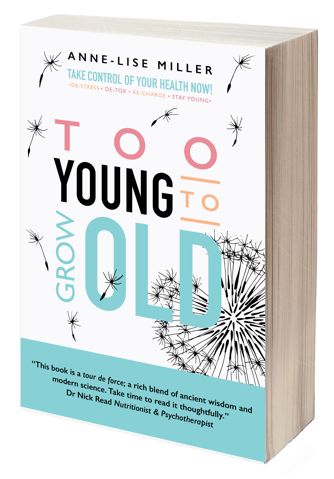
Brussels sprouts are actually little cabbages that grow on a stalk. As such they share many of the benefits you may find in other members of the family such as the much celebrated kale and broccoli. They are rich in Carotenoids, a class of antioxidants known for their anti-ageing properties, and for a number of key compounds well research for their ability to support liver enzyme detoxification and reduce cancer risks. Sulphur is the characteristically smelly chemical much sought after by your liver for numerous detoxification tasks and heavy metal neutralisation.
It is the third most abundant mineral in your body and plays an important role in synthetisation of glutathione (one of the most powerful antioxidant in the body). It supports hair, skin and joint health and regulates insulin function to name a few. Brussels sprouts are one of the richest sources of non-protein bound sulphur.
There are over 500 studies confirming the value of Brussels sprouts in preventing certain types of cancer. The most researched molecules, indole-3 carbinol (I3C), phenethyl-isothiocyanate (PEITC), 3,3′-Diindolylmethane (DIM) and Sulforaphane (SFN) are common to the whole cruciferous family including Brussels sprouts. They have been shown to significantly reduce the proliferation and migration of certain kinds of hormone dependent cancer cells (especially breast). Additionally 1-isothiocyanato-4-(methylsulfinyl)butane is specific to Brussels sprouts and broccoli and has been shown to activate the process of cellular suicide in lung cancer cells.
Brussels sprouts' fibres are useful in binding to cholesterol (from bile salts) in the colon and escorting it out of the body, rather than recirculating it back into the blood stream. Cooking Brussels sprouts will maximise the effect of those fibres. As a rule, avoid eating too much raw cabbage, kale and broccoli because of their tendency to lower thyroid function. If you like to add kale to your morning smoothy plunge it in boiling water for a couple of minutes first.
There is also some evidence that one of the sulfurophanes in Brussels sprouts counteracts an enzyme involved in the creation of new fat cells...I rest my case!
Walnuts have the highest level of antioxidants of all nuts thus helping control free radical damage at the heart of ageing.
Walnuts contain several unique and powerful antioxidants that are available in only a few commonly eaten foods. This includes the quinone Juglone, the tannin Tellimagrandin, and the flavonol Morin.
In a study Walnuts polyphenols were shown to prevent chemically-induced liver damage and had the best efficacy among the nuts tested for lipoprotein-bound antioxidant activity.
Lead researcher Professor Joseph Vinson, Ph.D., Department of Chemistry at The University of Scranton says “A handful of walnuts have almost twice the antioxidant content as an equivalent amount of any other commonly consumed nut."
The outermost layer of a shelled walnut has a bitter flavour and is thought to concentrate up to 90 percent of the antioxidants in walnuts.
Compared with other fruits, Dates are rich in phytonutrients (polyphenols) and soluble fibre.linical Clinical study suggests they can quickly improve digestive health. Both the fibre and the polyphenols found in dates have important prebiotic effects. Daily addition of 7 dates (50g) to the diet for 21 days significantly improved bowel movements and stool frequency. Metabolic markers also improved with significant reduction in stool ammonia concentration and reduced genotoxicity in faecal water. Both are used as markers of colon cancer risk.
Although sweet, dates do not appear to negatively affect blood glucose if consumed in amounts lesser than 100g/day and as part of a low sugar diet.
The dates that came out best are Hallawi dates.


